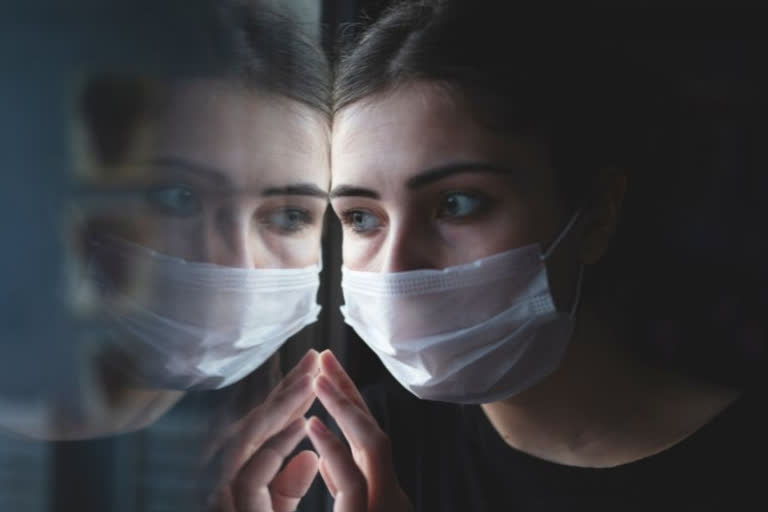The researchers in Luxembourg found that COVID-19 symptoms that don’t clear up after 15 weeks are likely to last at least a year. An estimated 25-40% of people with COVID-19 develop long COVID – persisting symptoms that can affect multiple organs and include mental health problems. Most of the data to date, however, is based on patients who were hospitalised with COVID-19 and it isn’t clear how it applies to COVID-19 cases more generally.
To find out more, Aurelie Fischer and colleagues at the Luxembourg Institute of Health, Strassen, Luxembourg, surveyed almost 300 people a year after they were diagnosed with COVID-19. The 289 participants (50.2% women) had an average age of 40.2 years and were divided in three groups, based on the severity of their initial infection: asymptomatic, mild and moderate/severe COVID-19.
They were asked to fill in a detailed questionnaire about whether they were experiencing 64 common long COVID-related symptoms. They also filled a questionnaire on sleep quality and one that looked at the effect of respiratory symptoms, such as breathlessness, on quality of life. Six in ten (59.5%) participants had at least one long COVID symptom a year after their initial infection, with fatigue, shortness of breath and irritability the most common.
A third (34.3%) were experiencing fatigue a year on, 12.9% said respiratory symptoms were affecting their quality of life and more than half (54.2%) had ongoing sleep problems. Participants who’d had moderate/severe COVID-19 were twice as likely to still have at least one symptom a year on than those whose initial infection was asymptomatic.
